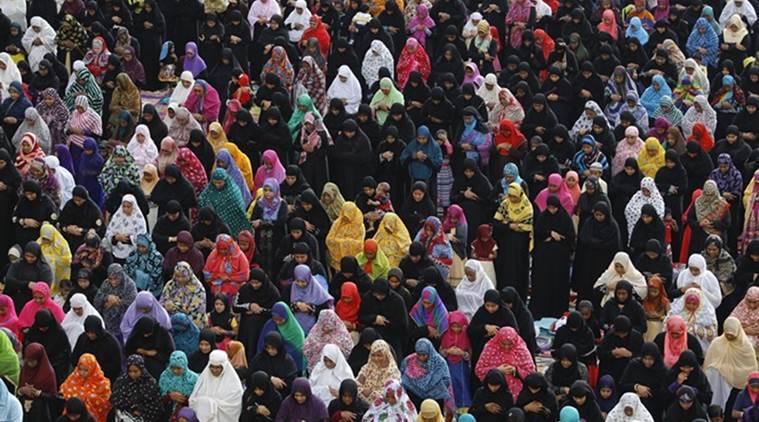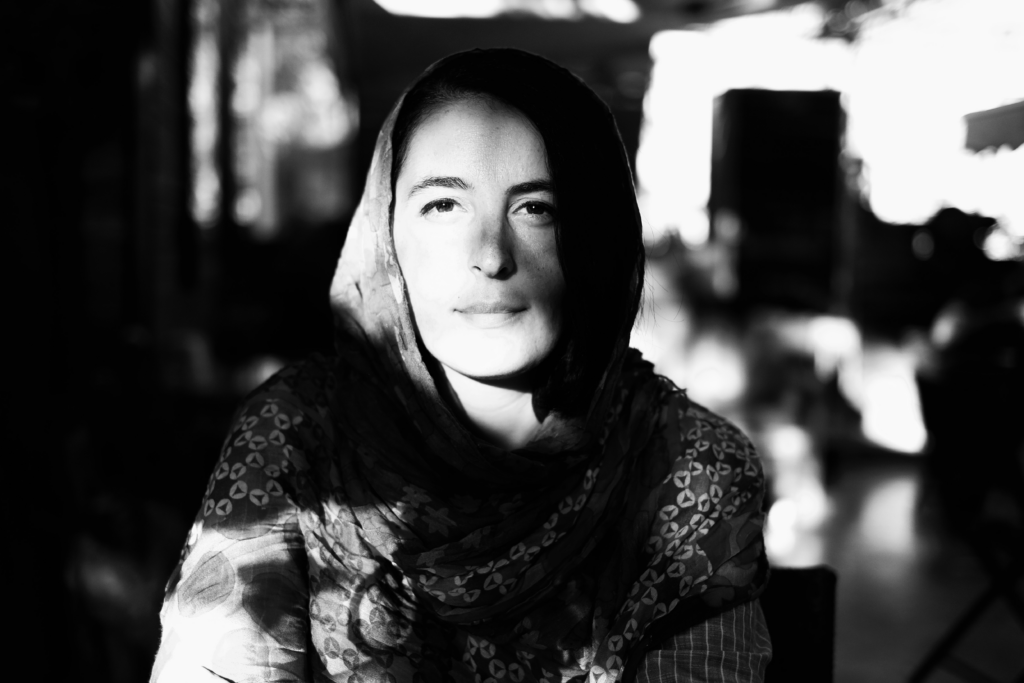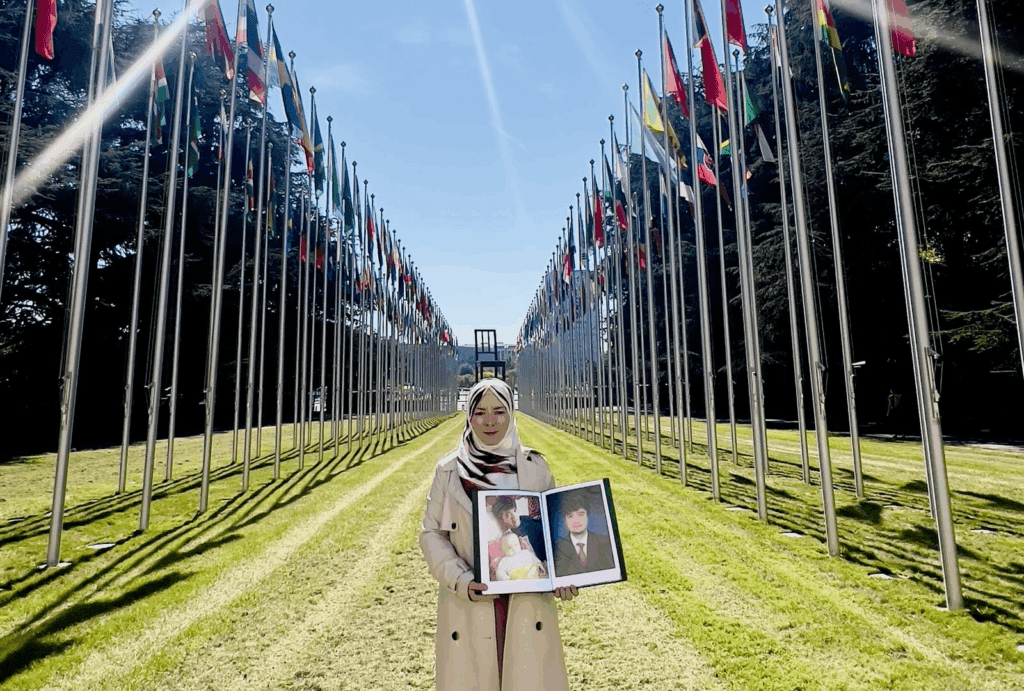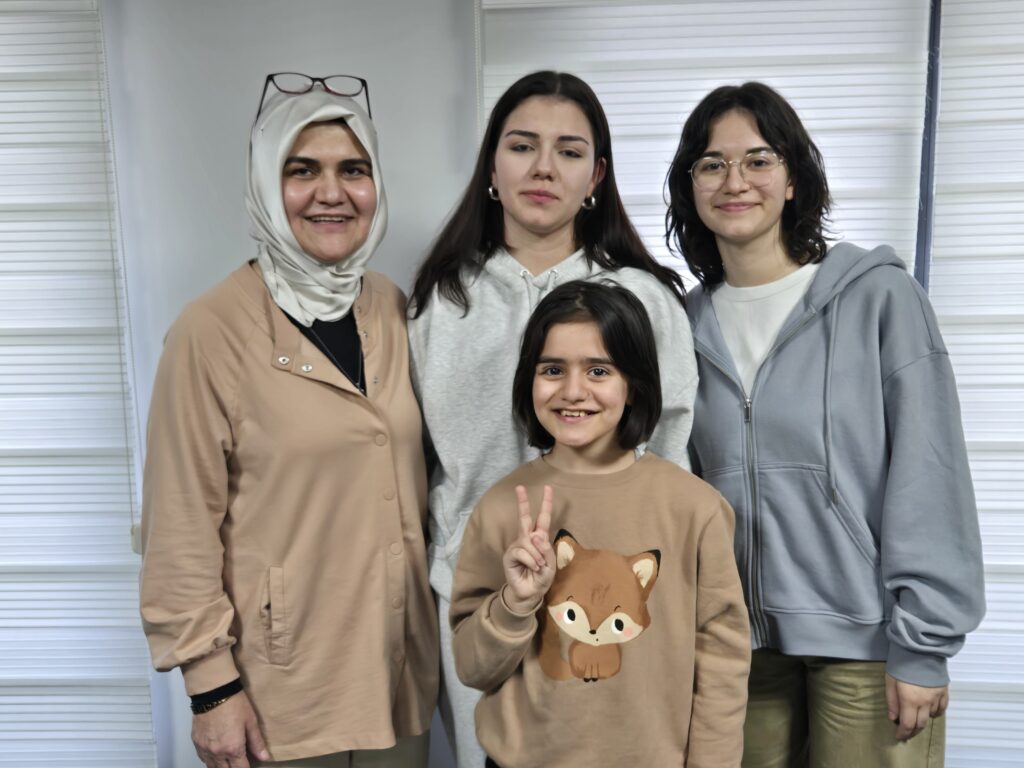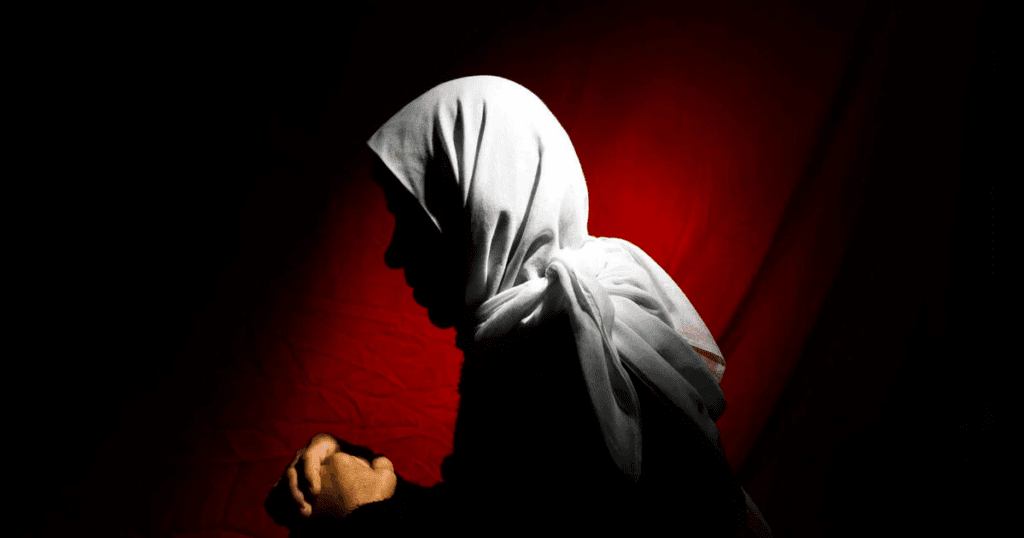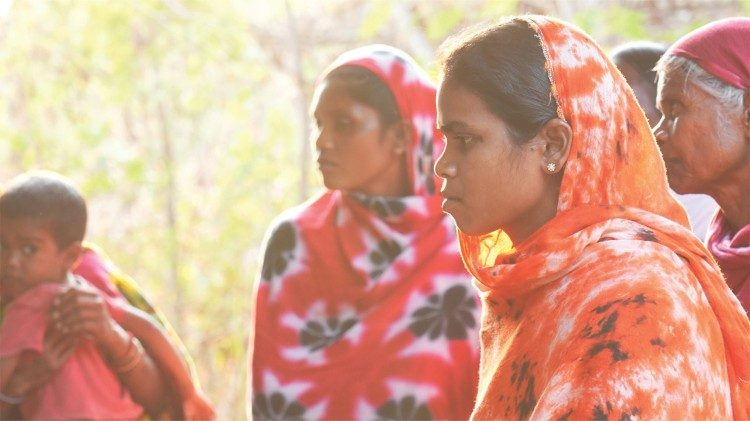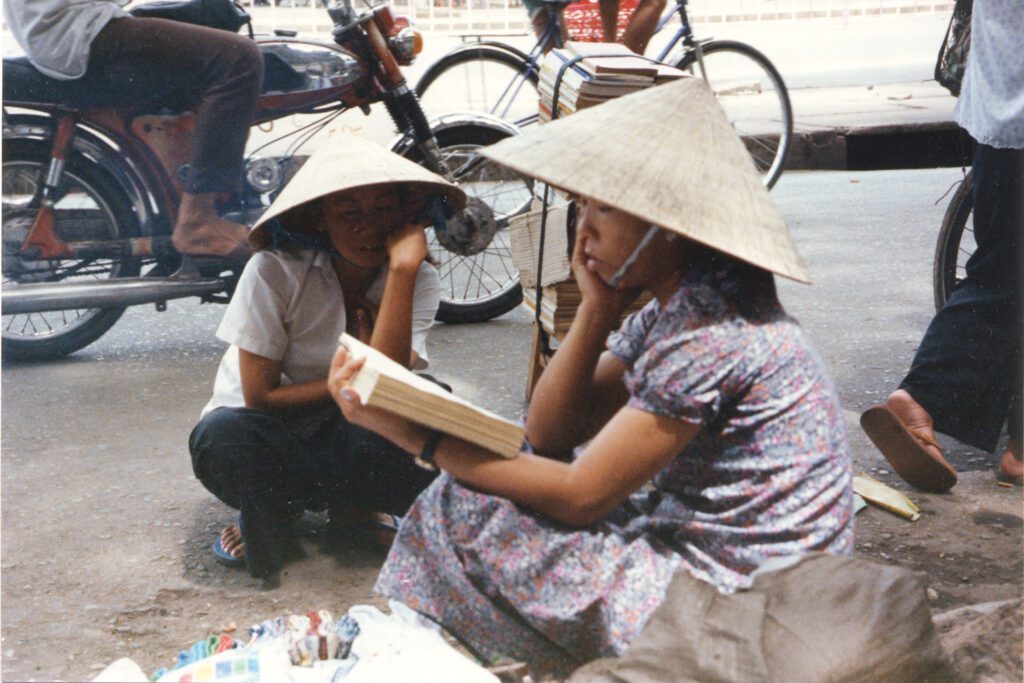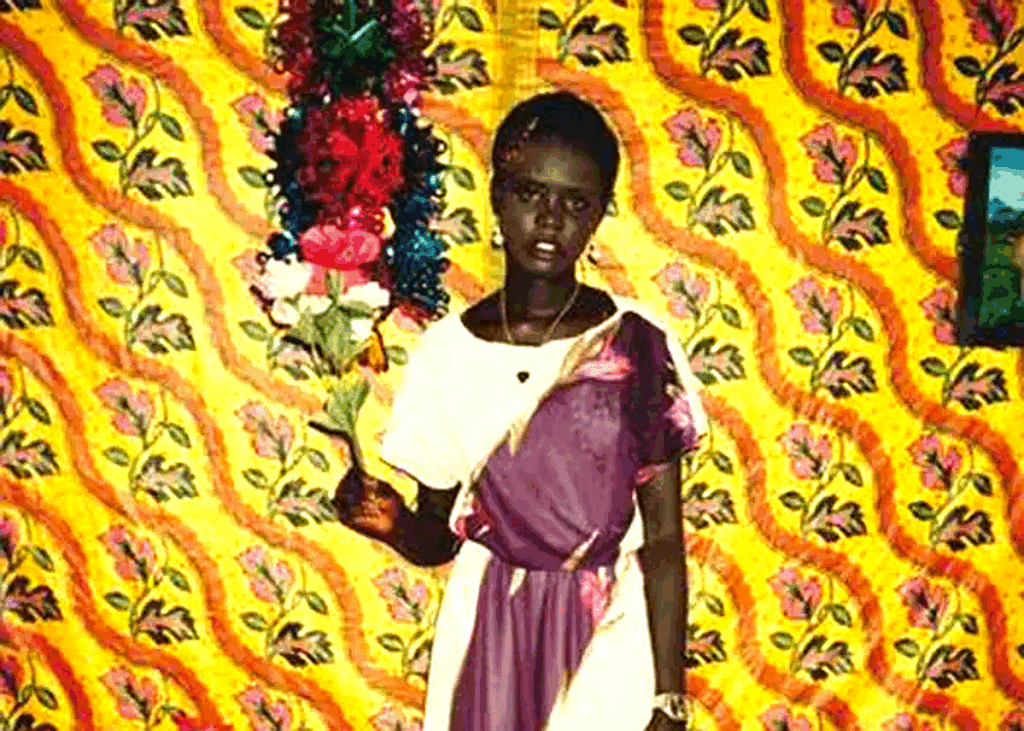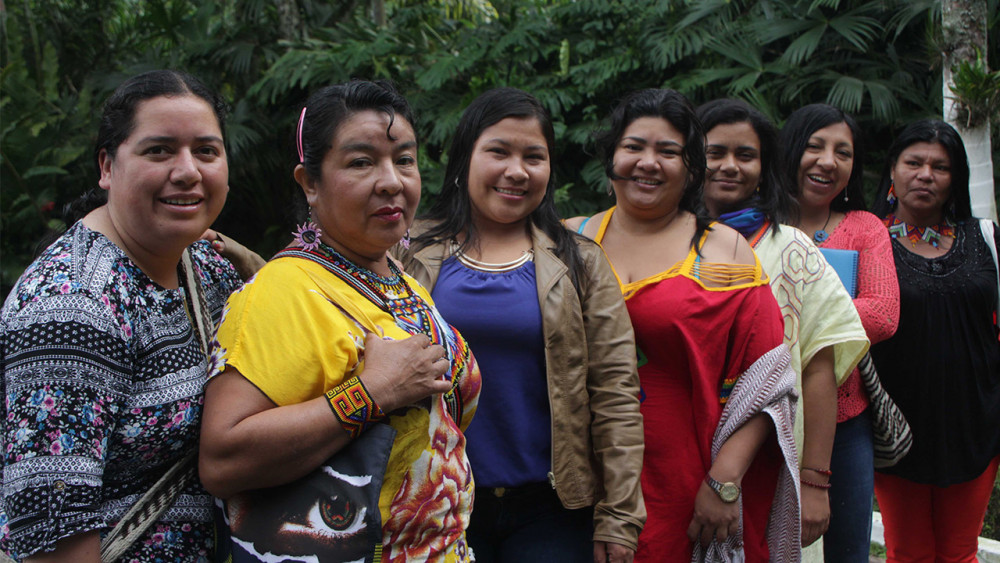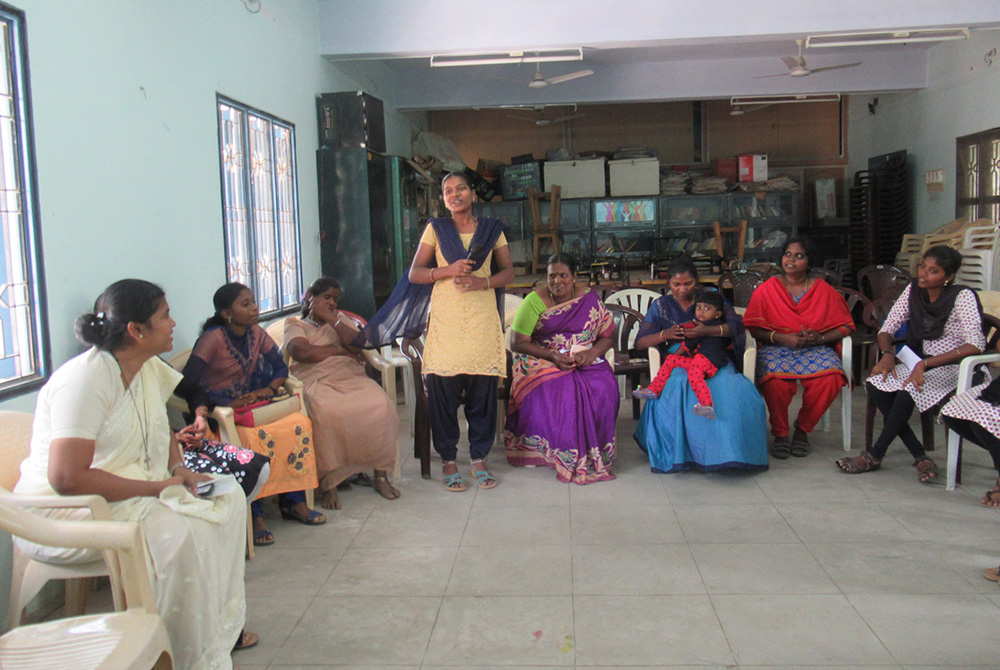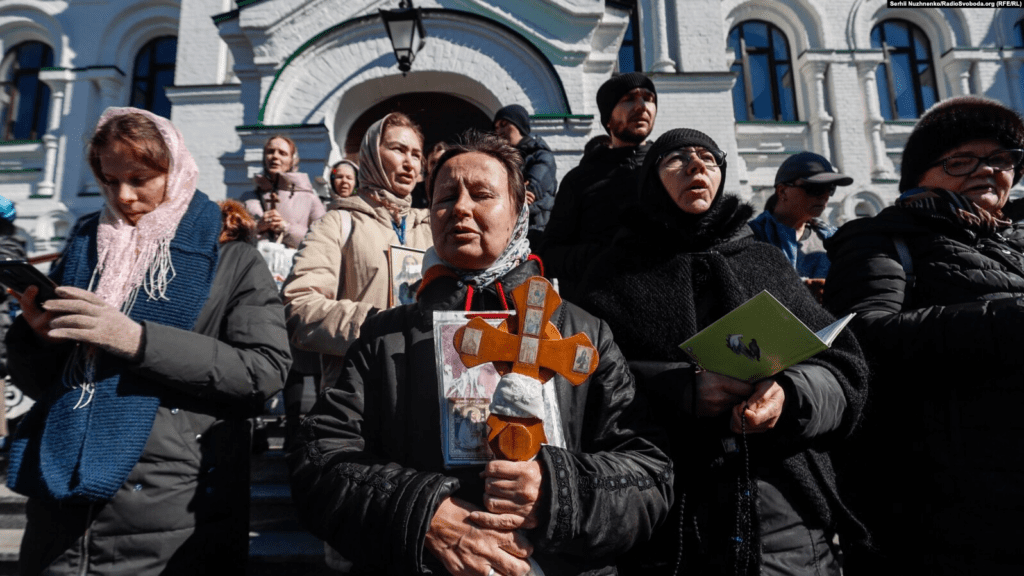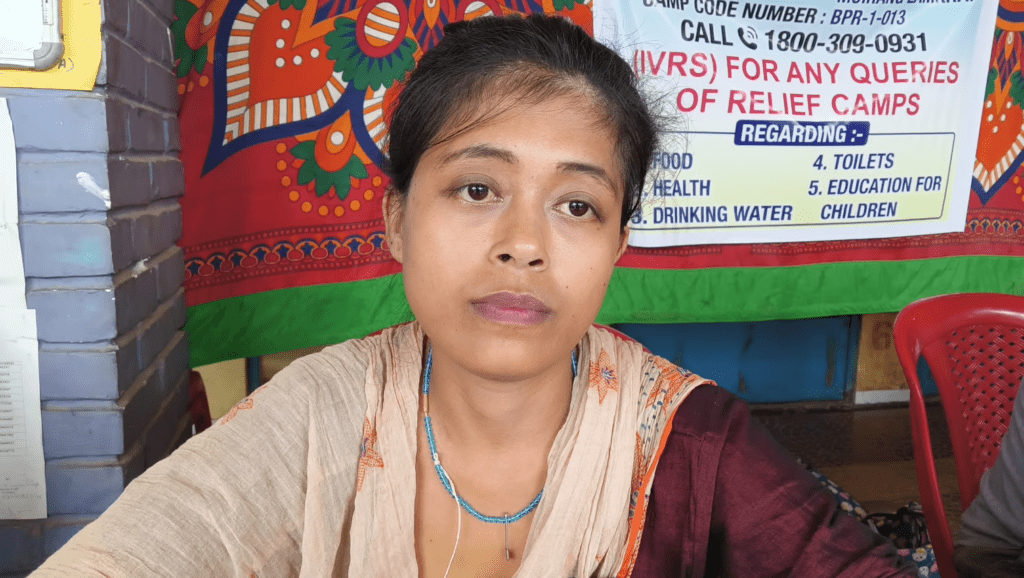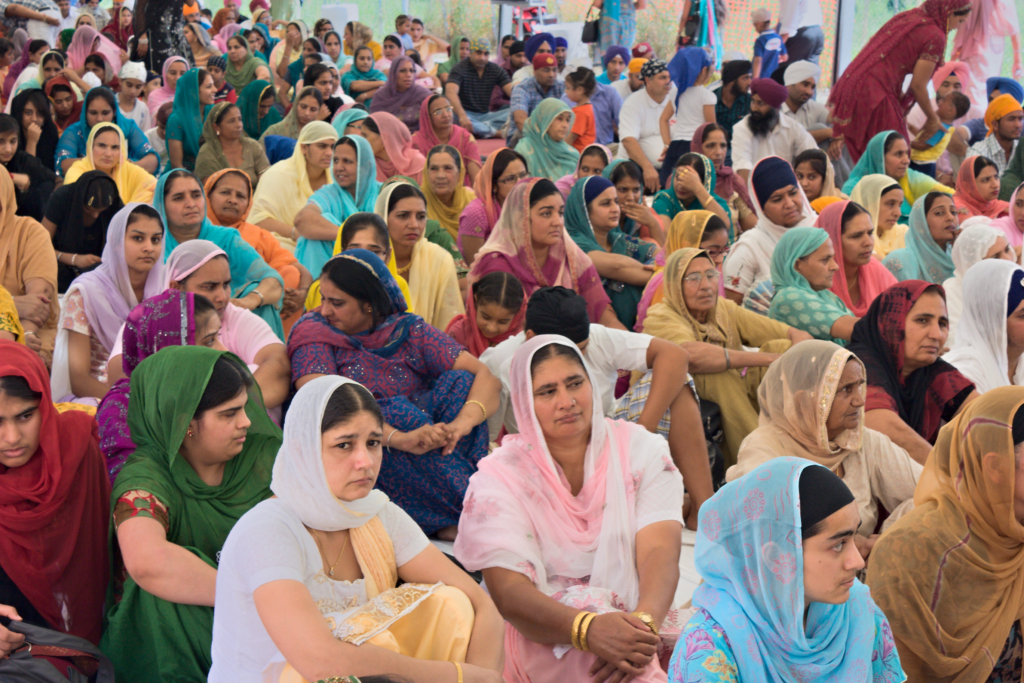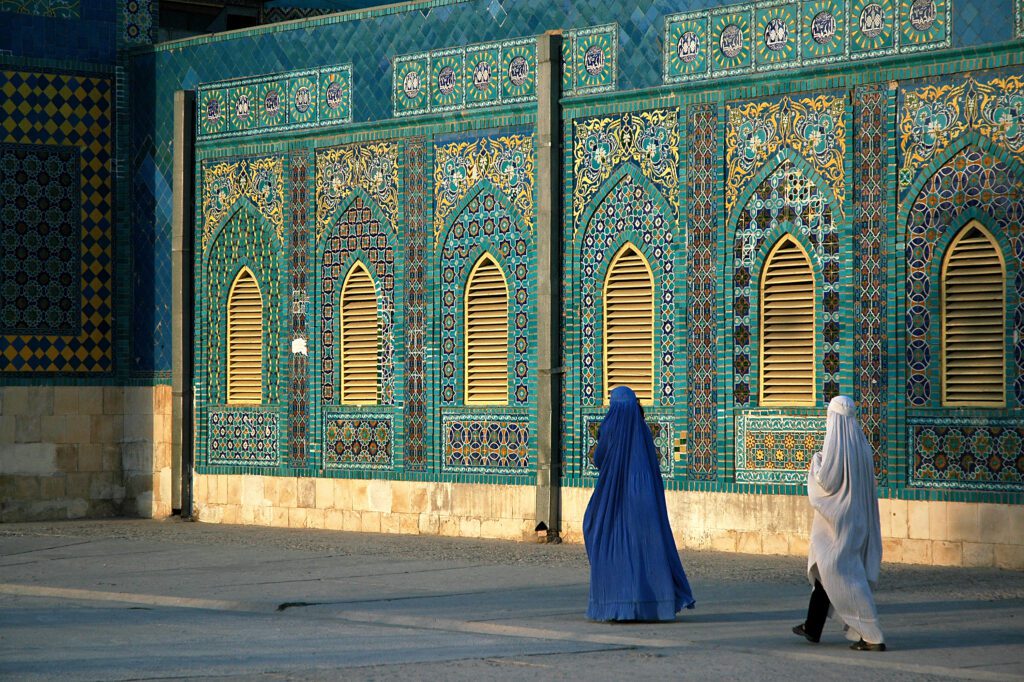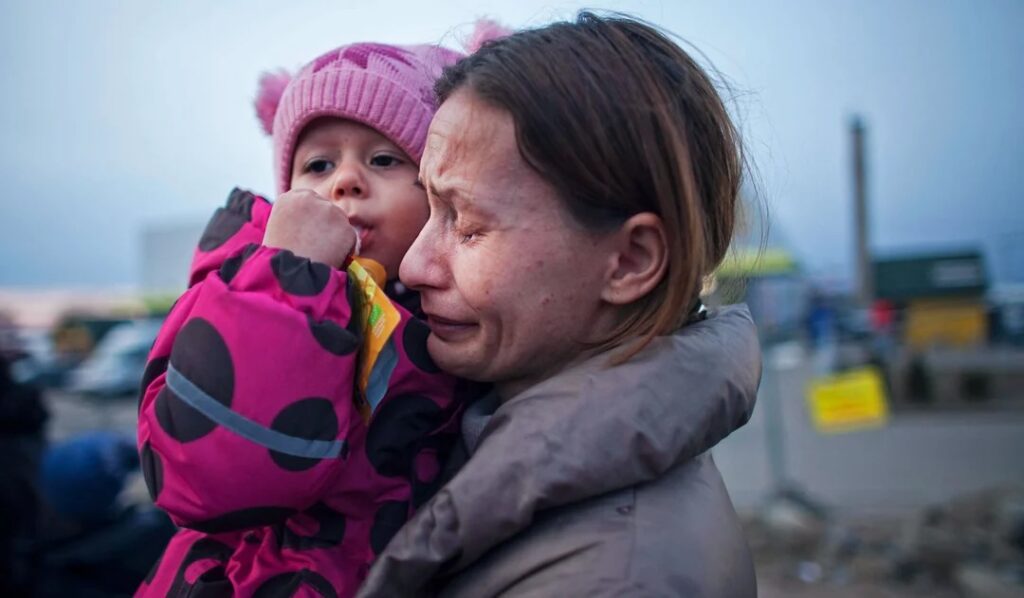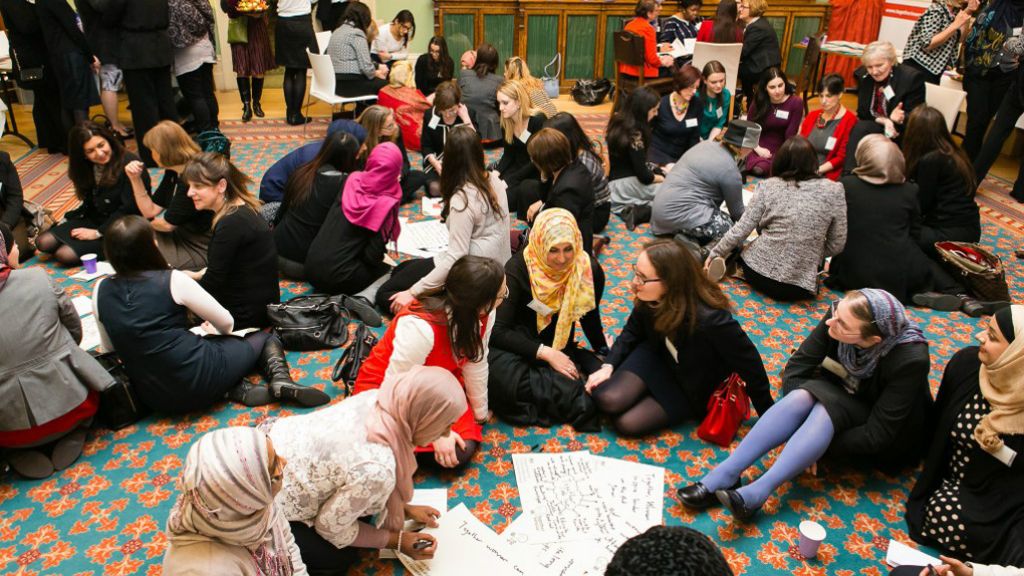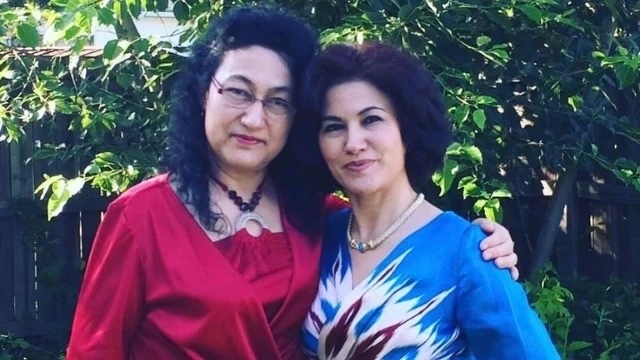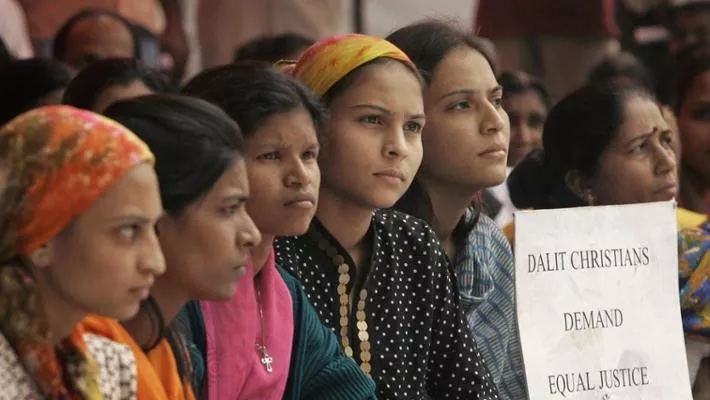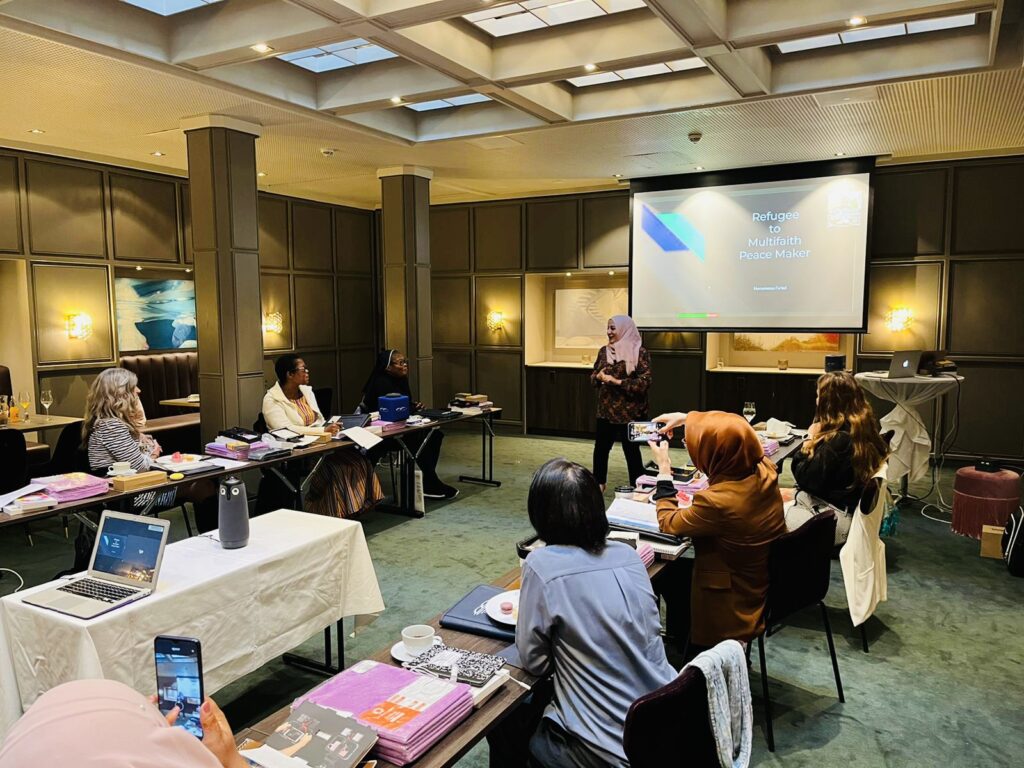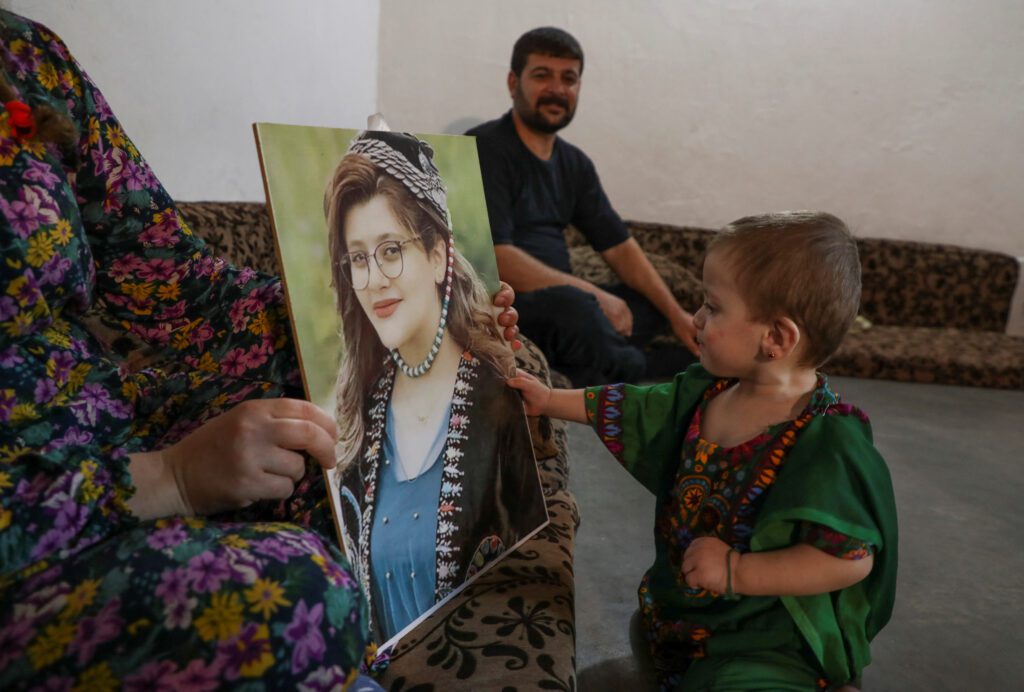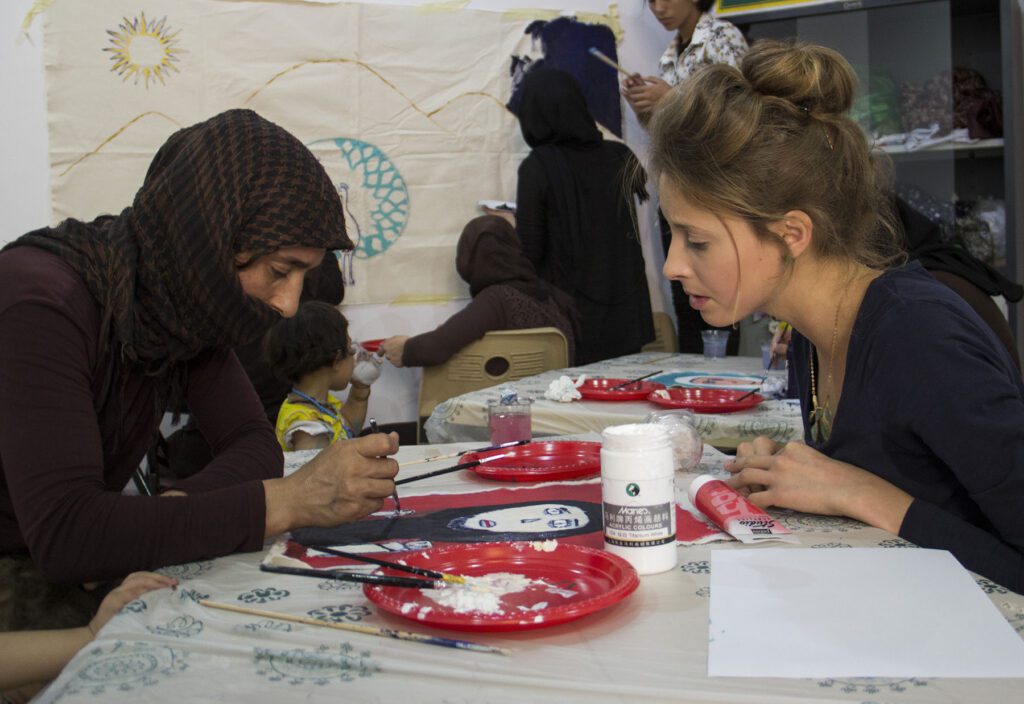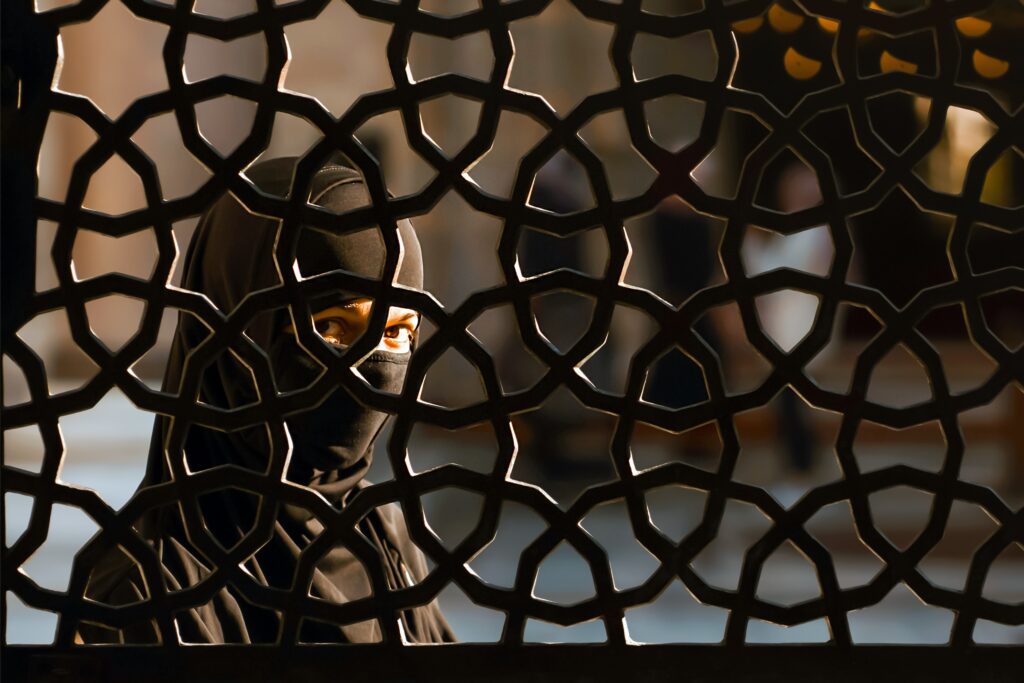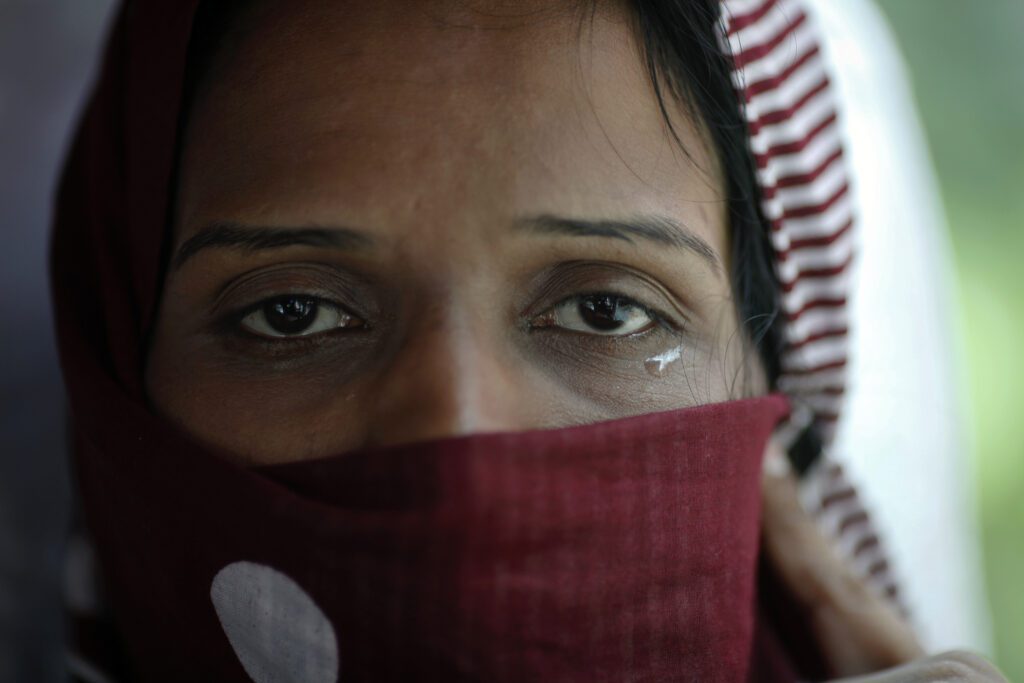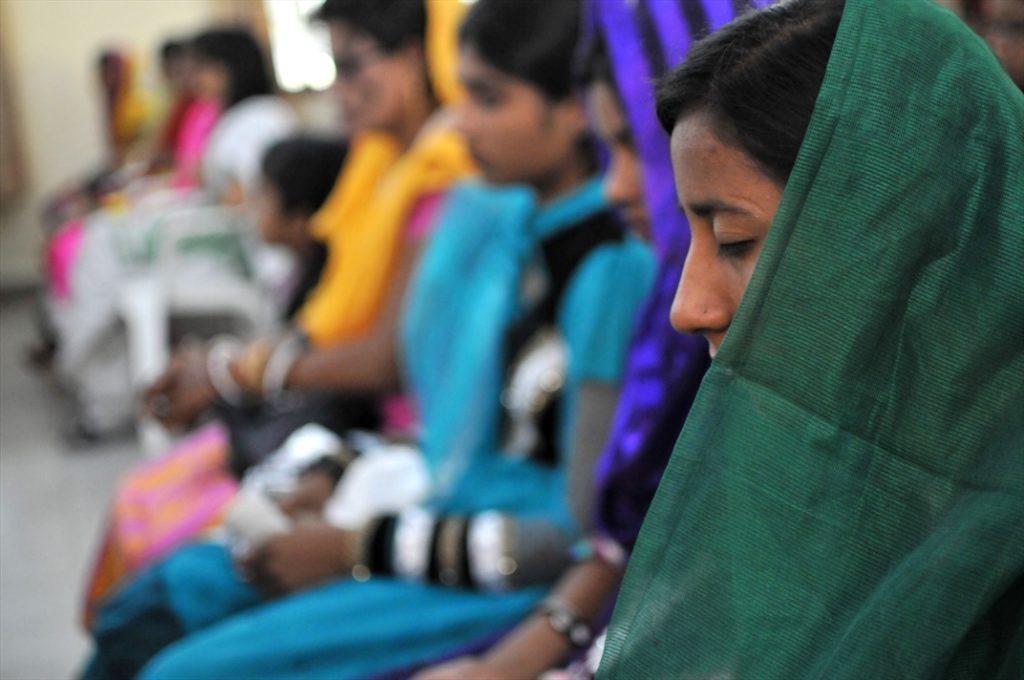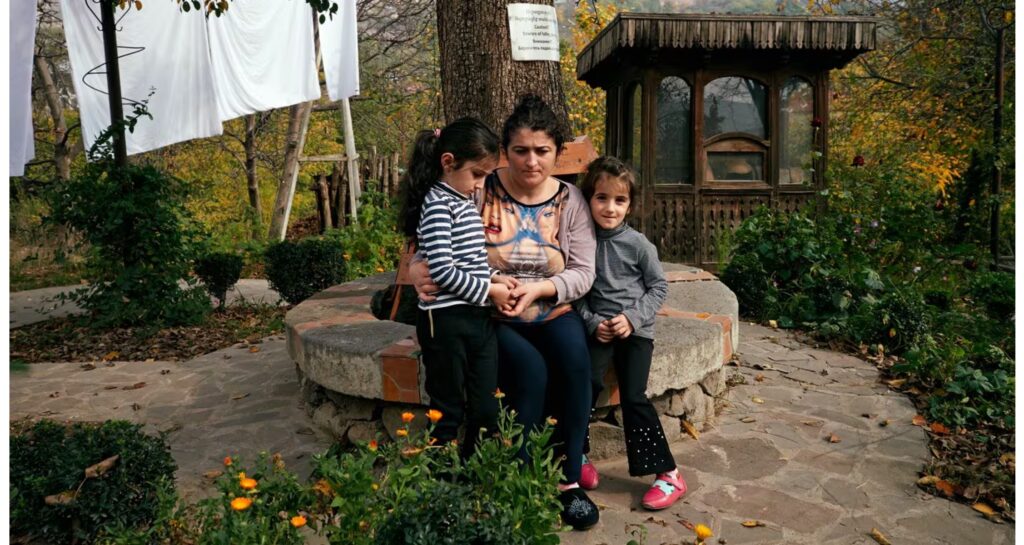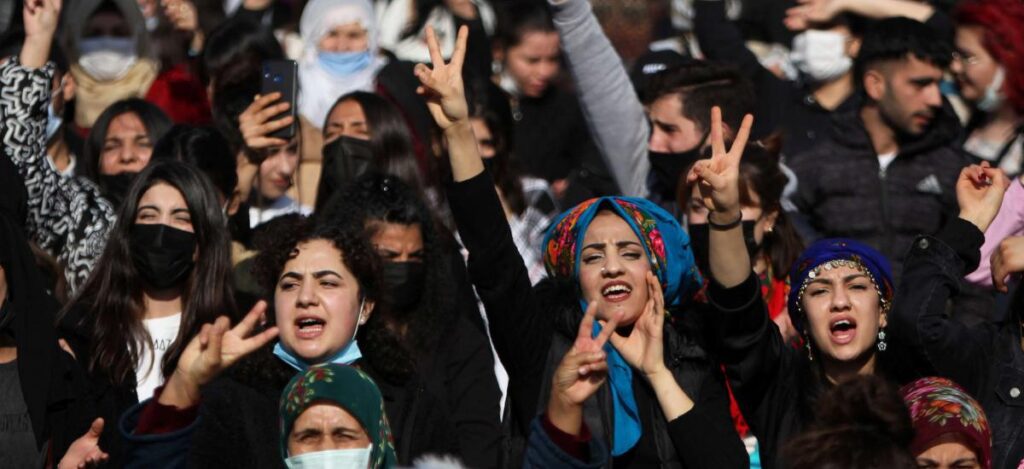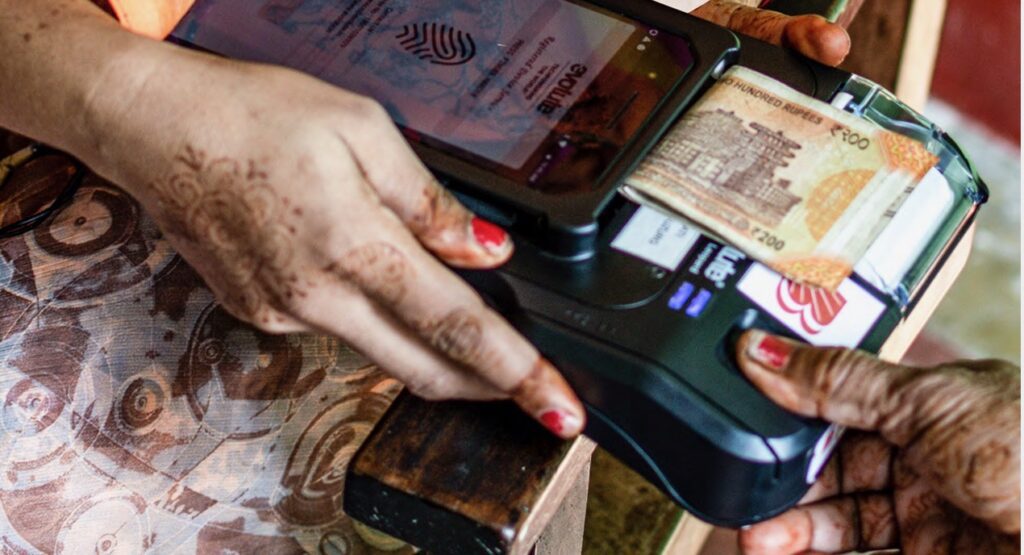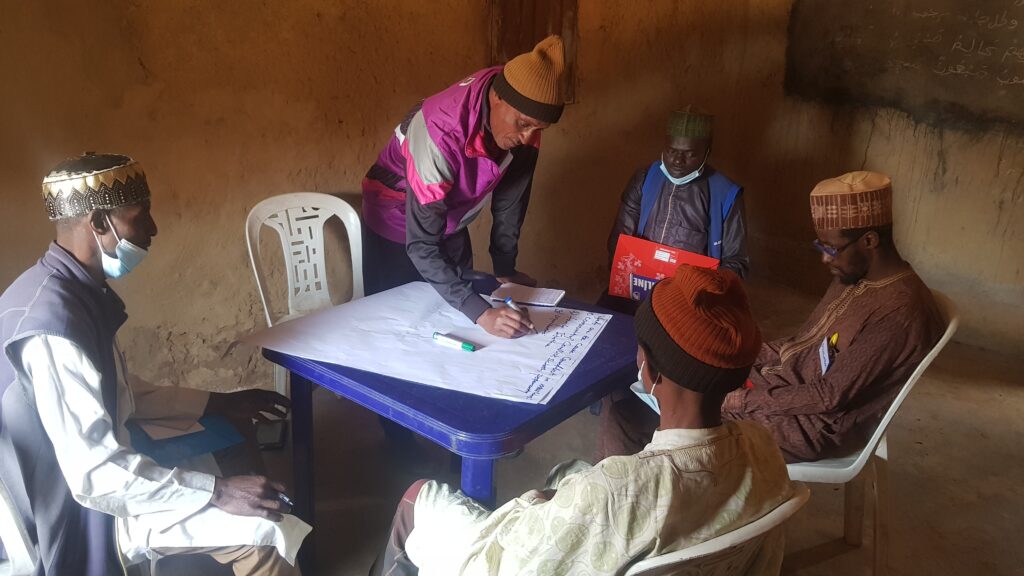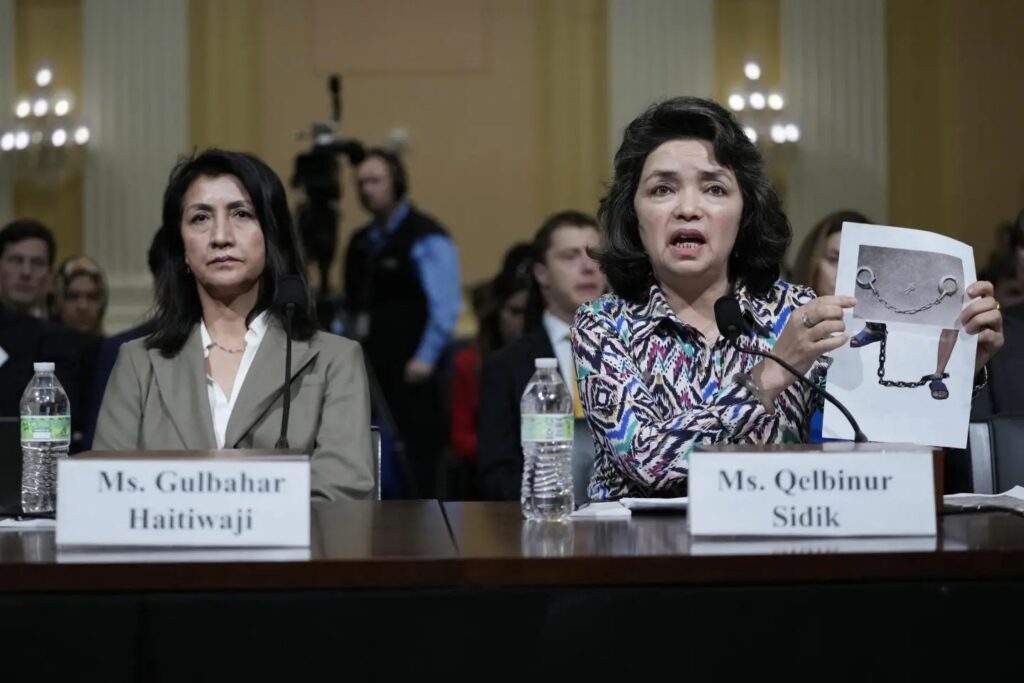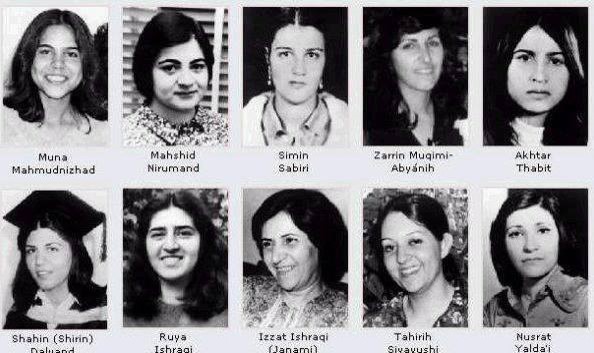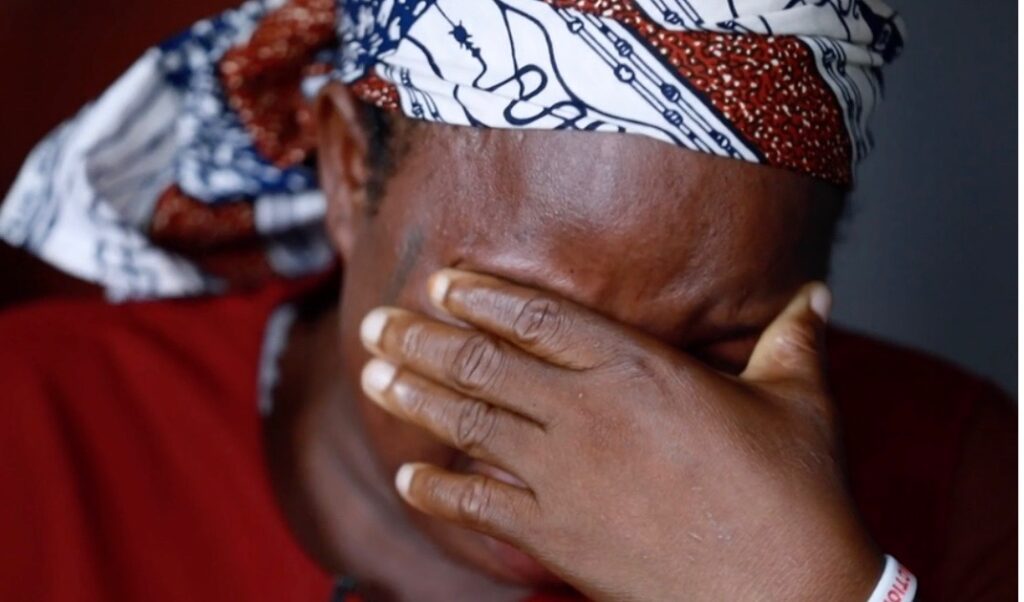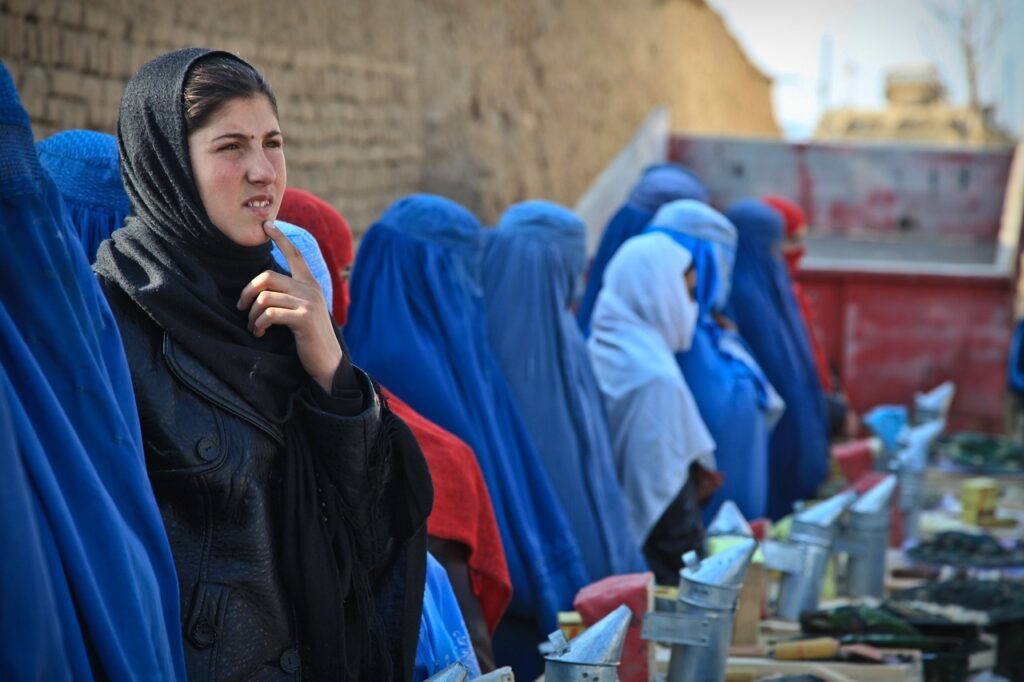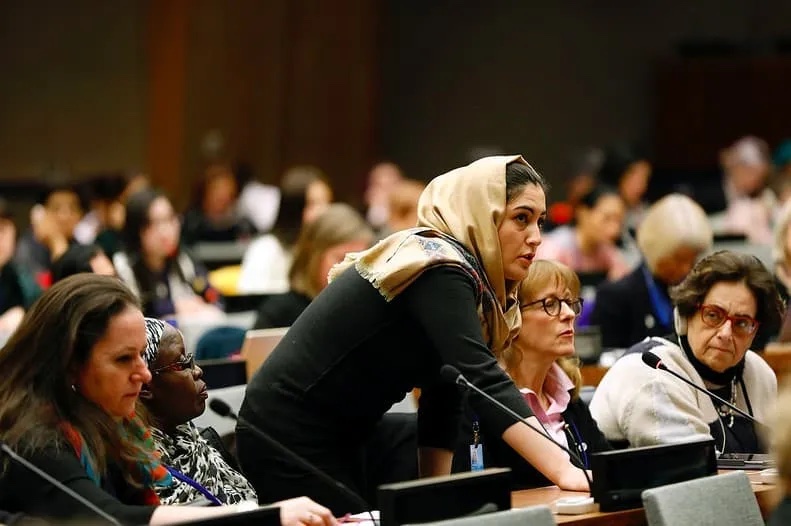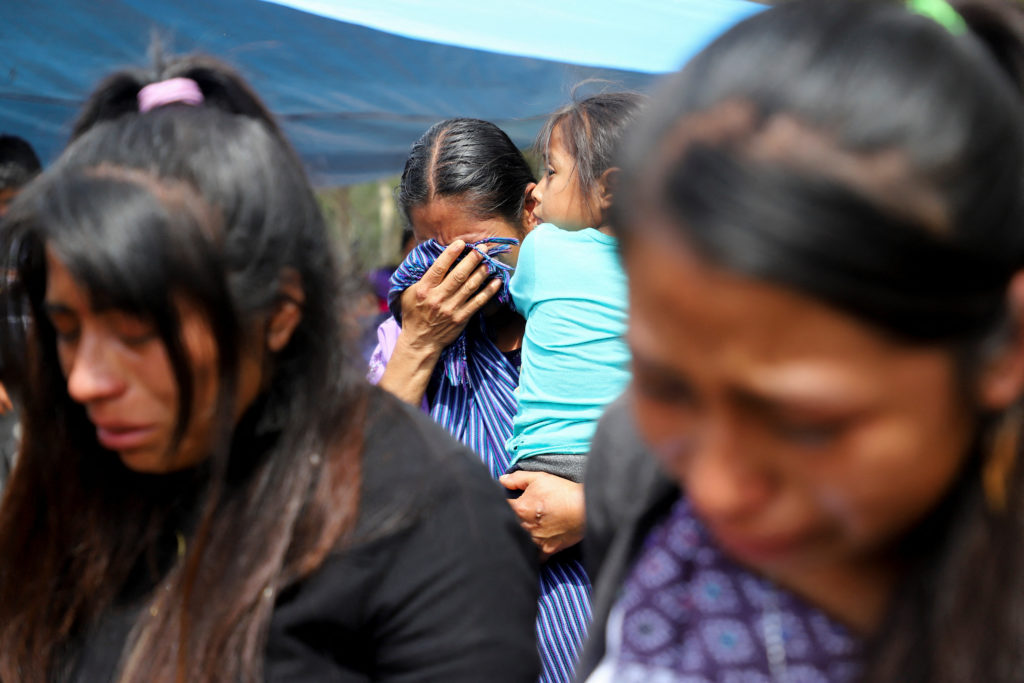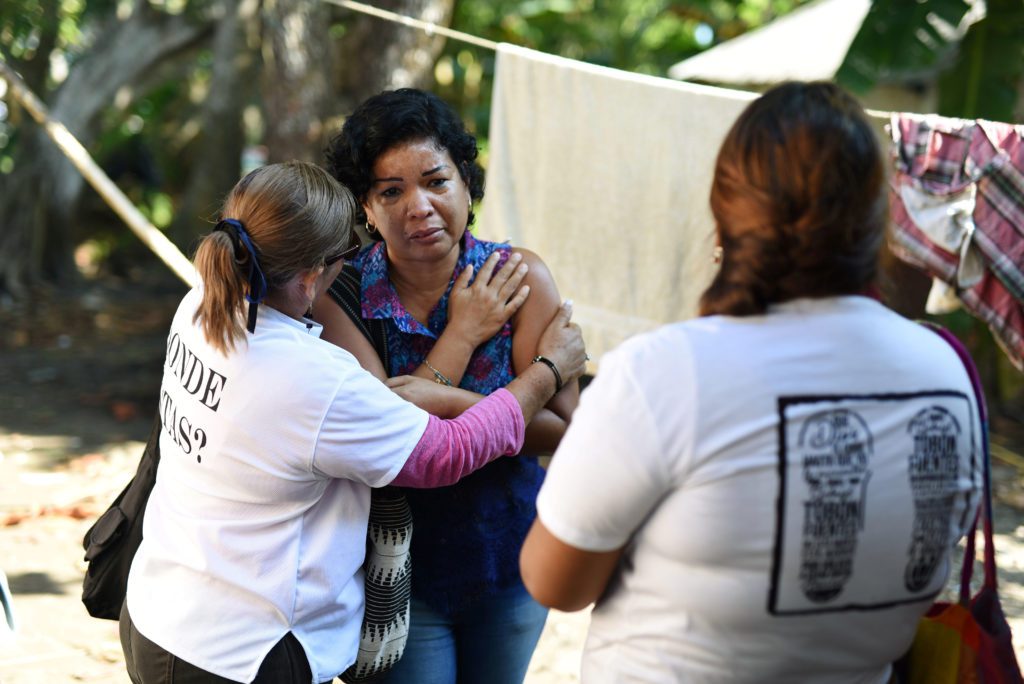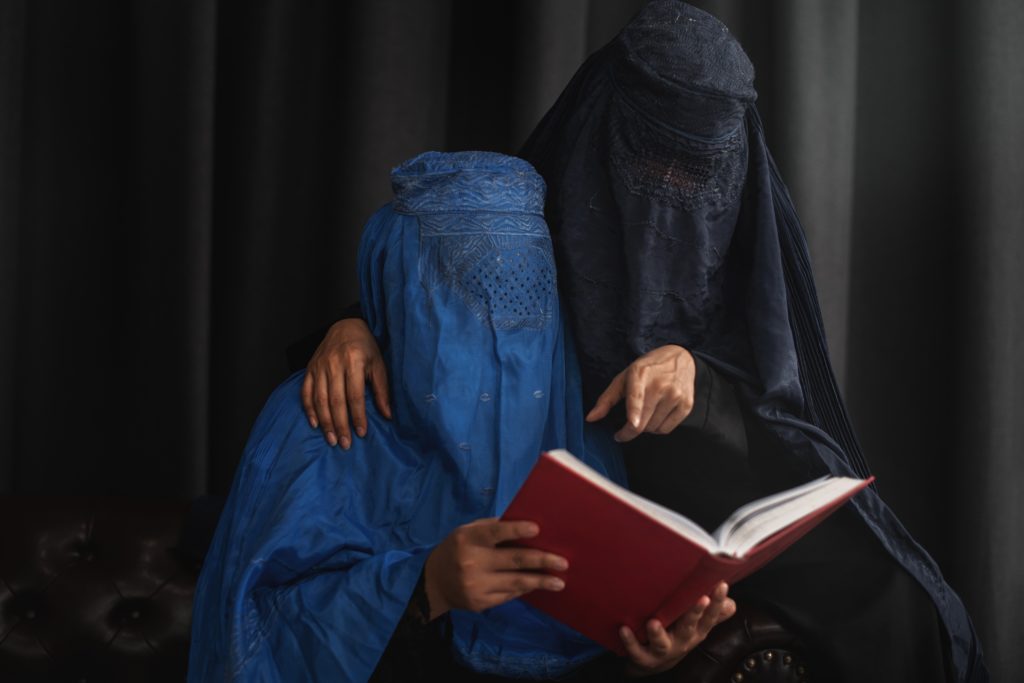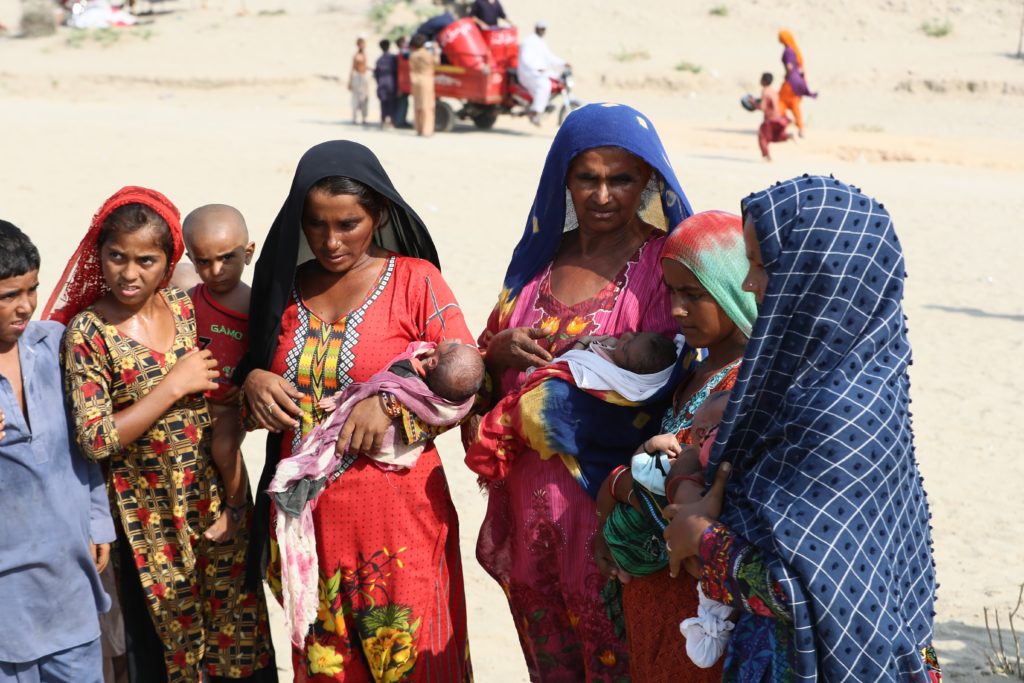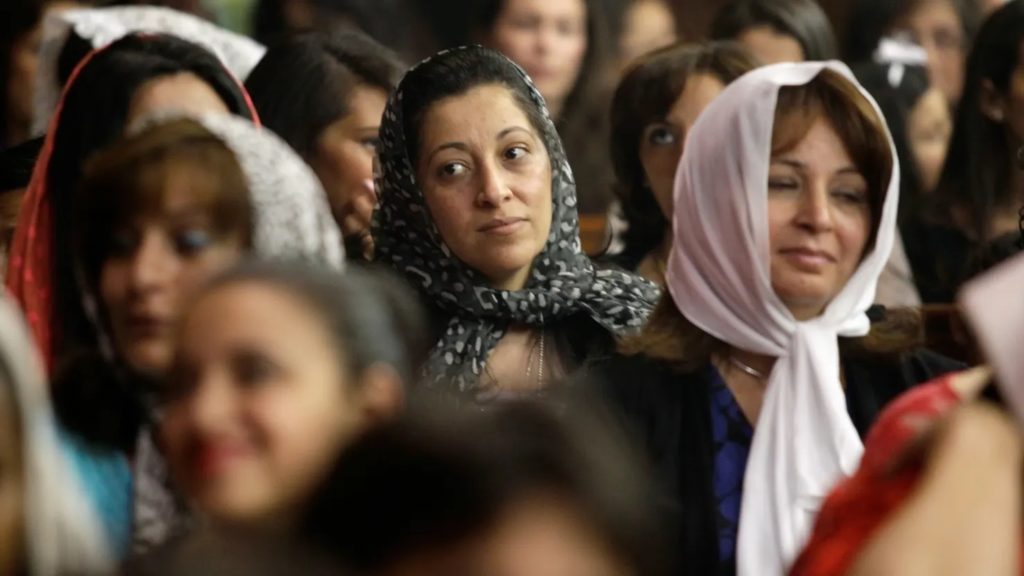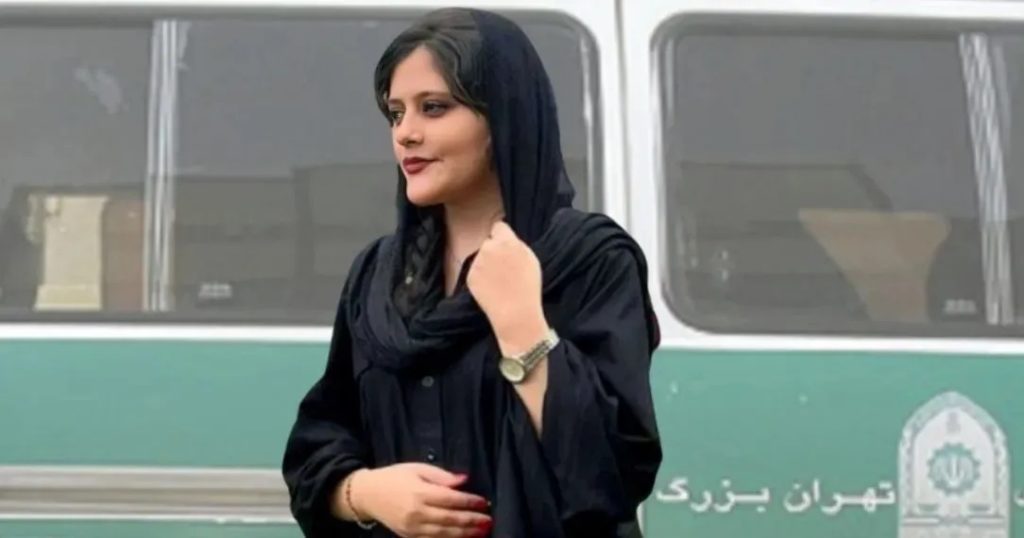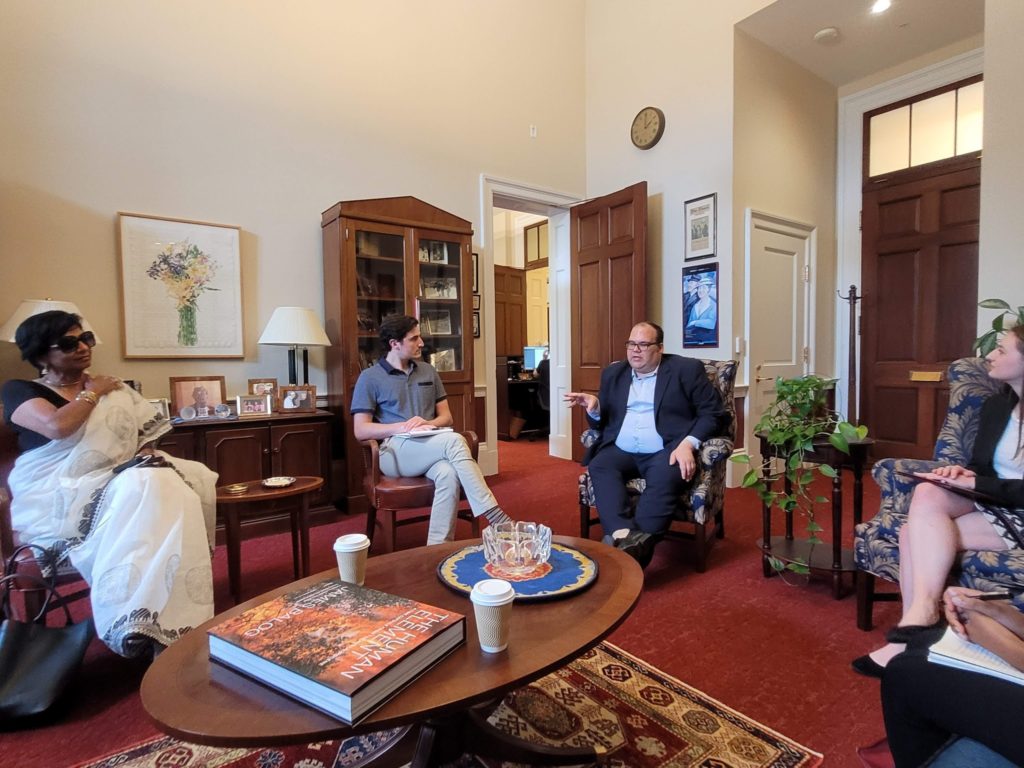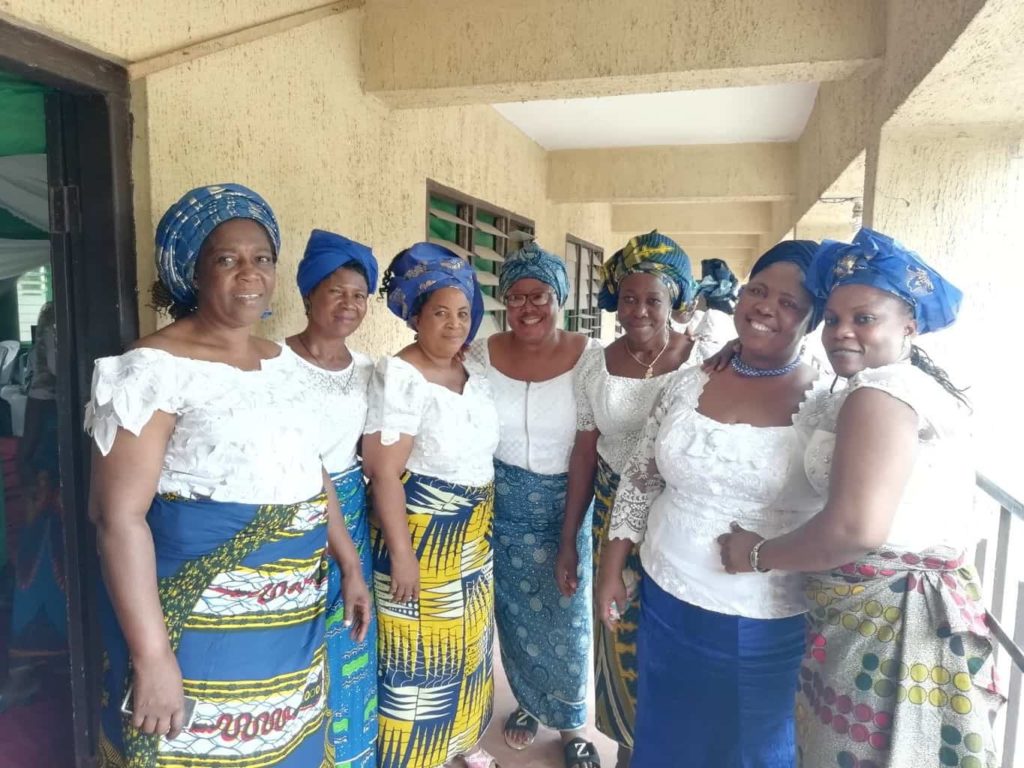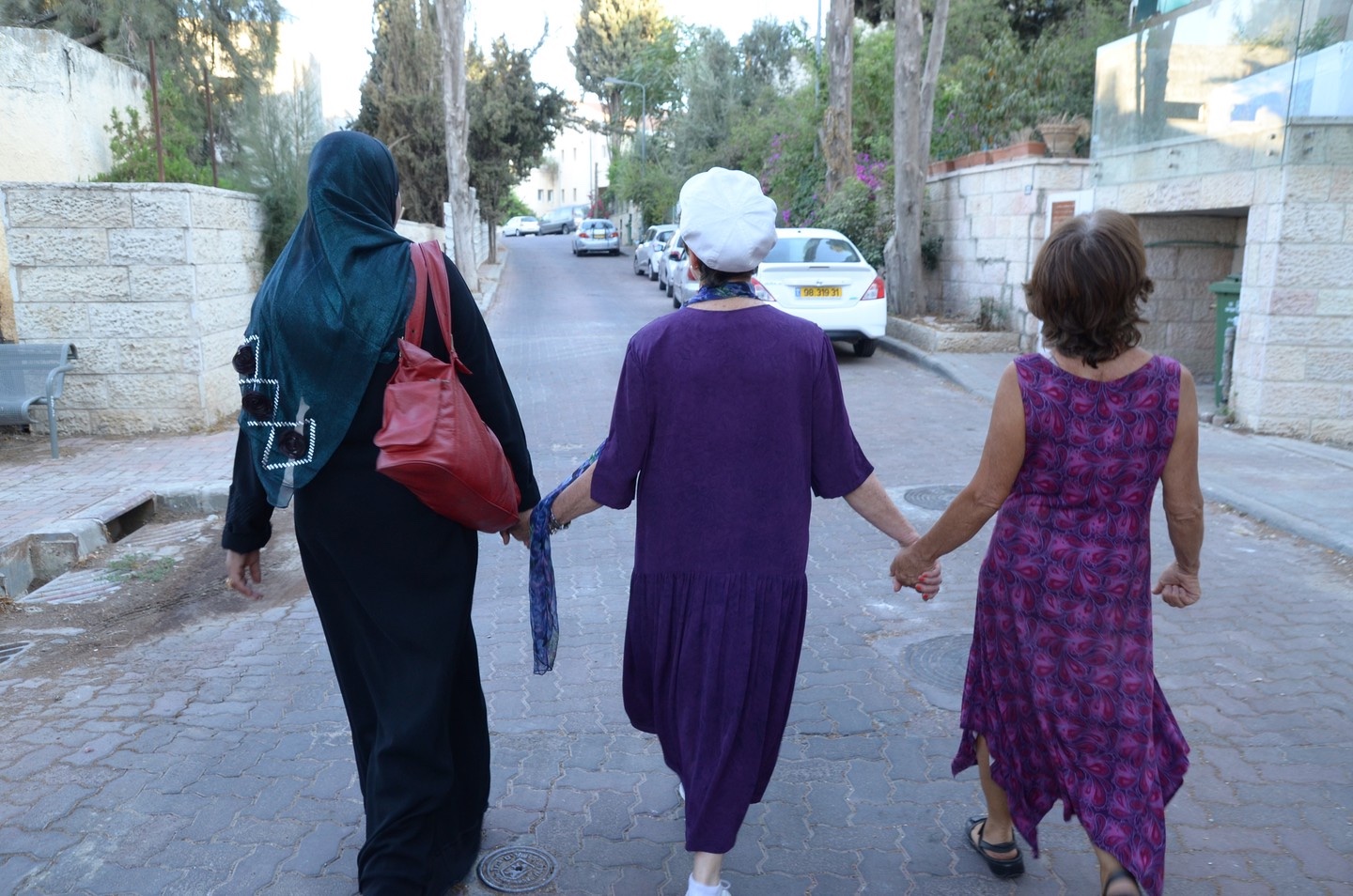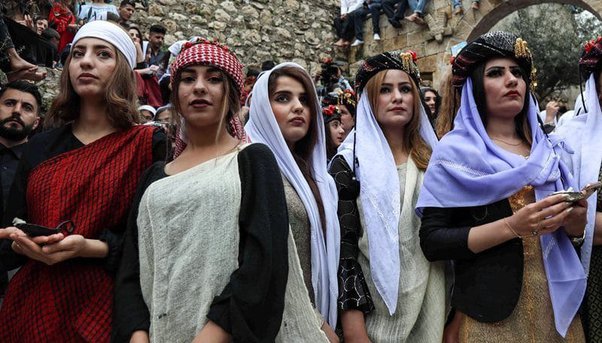Anti-Muslim hysteria is raging across India, swiftly pushing the country on a path to replace secular India with a theocratic Hindu nation (Hindu Rashtra), thereby disavowing the country’s history as the world’s most populous democracy. Abuses each day seek to criminalize, demonize, and marginalize 200 million Indian Muslims (about 14% of the population). Right-wing politicians openly profess anti-Muslim rhetoric, with their followers propelling forward their deeply troubling agenda. Facilitated by the propaganda machinery of right-wing media outlets, anti-Muslim hatred, bigotry and misinformation reaches into the homes of hundreds of millions of Indians.
Many Indian Muslims now live in a state of clear and present danger, given the open calls for Muslim genocide, horrific lynchings, the arrest of outspoken government critics, the bulldozing of Muslim homes and businesses, and harassment, investigations, detention and prosecutions under the guise of various laws. These actions reinforce the alarming goal of creating a Hindu nation that will negatively impact religious and social minorities, including along with Muslims, Christians, Sikhs, and Dalits. But there are some Hindu human rights advocates, journalists and judges who are risking their lives and careers to speak up for the Muslim community amidst the deafening silence of the majority.
This narrative has been developing for years. If non-secular, theocratic states can exist on India’s eastern and western borders, why not in India? Such a theocracy will inflict deep economic, social, and moral costs on Indian society and tragically burden future generations. Unfortunately, the Indian radical right appears ready to relive the horrors inflicted during the India-Pakistan partition. Efforts are in full force to quickly and systematically eliminate Muslim identity, dismissing and seeking to disappear India’s rich Muslim culture, language, history and contributions.
Why are Muslim women one of the main targets of these anti-Muslim actions and attitudes? I think Muslim women’s growing, creative and innovative activism threatens the radical right. An example of such activism occurred in the heart of New Delhi. Muslim women in 2019-2020 organized, led, and successfully ran a 101-day protest against the infamous citizenship amendment act (CAA) at Shaheen Bagh (a south Delhi city center). (This religiously discriminatory act which fast tracks citizenship for non-Muslim migrants from Afghanistan, Bangladesh and Pakistan, along with a national register, potentially subjects Muslims to statelessness, deportation or prolonged detention). This Muslim-women led protest will forever remain in Indian history as a hallmark and a worthy Gandhian legacy.
The far-right wants to ensure that another Shaheen Bagh does not take place. The best way to discourage Muslim women’s activism is to oppress them. With the public support of right-wing politicians, nationalistic zealots openly call for the rape of Muslim women as they participate in processions in Muslim neighborhoods. Online auctions of Muslim women took place on the Bulli Bai App, basically a tool to target, harass, and humiliate Muslim women – without their permission or knowledge, photo profiles of prominent Muslim journalists and activists were uploaded on the app where they were auctioned virtually. Muslim women also are ostracized for marrying or dating Hindu men and Muslim women journalists are trolled on twitter and Facebook. These are only some of the actions that are being taken to harass and subjugate Muslims into silence.
But Muslim women continue to stand up for their rights, including during the recent effort to emulate in India the French hijab (Islamic covering) ban. This effort is both absurd and appalling considering that head coverings, the odhni and ghonnghat, are part of Indian culture and used commonly by Hindu, Jain, and Sikh women. If wearing a hijab was about giving Muslim women more agency, then the issue should not be a matter of law, debate or controversy. Women should be able to decide for themselves how little or how much cover they want, rather than being targeted and having their agency disregarded and their traditions outlawed.
The situation in India is grim. A theocratic India will lead to division, conflict and failure as a state. And if India fails, the entire subcontinent will fail. Secularism will fail. Multiculturism will fail.
What can we do? There is no safety in silence. Action and responsibility start with us. We must urge the U.S. government to designate India as a “country of particular concern,” or CPC, for engaging in and tolerating systematic, ongoing, and egregious violations of religious freedom, and impose targeted sanctions on individuals and entities responsible for severe violations of religious freedom by freezing the assets of individual violators or entities and/or barring their entry into the United States.
But there is more we must do and which we can do daily. If you see a bigoted tweet, read and/or hear an Islamophobic comment, flag it as hate speech. The more such hatred is normalized in society and society tolerates, the greater the output, and bigger the consumption. It also is important to use in-person, digital and hybrid platforms to highlight stories of oppression to bring awareness, accountability and an impact on policy. Cut the chain of hatred at its source and begin building a chain of freedom and respect for others.
Samina Salim is an American academic of Indian origin. She is a neuroscientist and plays an active role in speaking and writing about issues of social justice and religious freedom.
Disclaimer: The views and opinions expressed in this article are those of the authors and do not necessarily reflect the official policy or position of FoRB Women’s Alliance.

